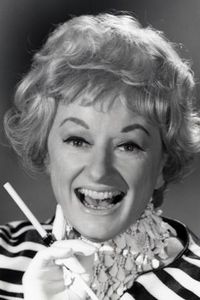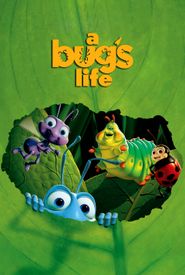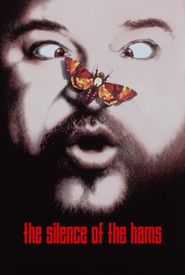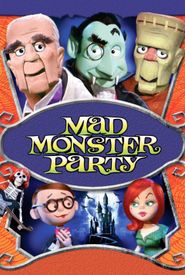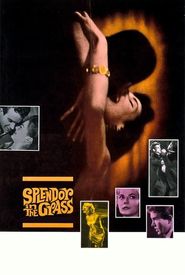Phyllis Diller, the one-of-a-kind comedienne, left an indelible mark on the entertainment industry with her bold and brazen quirkiness. Born Phyllis Ada Driver on July 17, 1917, in Lima, Ohio, she began her journey as a student at Lima's Central High School, later studying at the Sherwood Music Conservatory in Chicago and transferring to Bluffton (Ohio) College, where she served as the editor of the school's humorous newspaper articles.
After marrying Sherwood Anderson Diller at age 22 in November 1939, Phyllis had six children, one of whom died in infancy. On the sly, she was an advertising copywriter and, during World War II, the family moved to Michigan where her husband found work at the Willow Run Bomber Plant. It was during this time that Phyllis began writing household-related one-liners and the feedback from fellow wives greatly encouraged her.
When the family moved to California for job-related reasons, Phyllis became a secretary at a San Francisco television station. By this time, she had built up the courage to put together a nightclub act. The local television hosts at the station thought her act was hilarious and invited her on their show in 1955. Not long after, at age 38, Phyllis made her debut at San Francisco's Purple Onion nightclub, which stretched out to more than a year and a half.
Phyllis's breakthrough came when she traded banter with Jack Paar, Jack Benny, and Red Skelton on their popular television series. She was a contestant on Groucho Marx's popular quiz show You Bet Your Life (1950). Throughout the 1960s, audiences embraced her bold and brazen quirkiness. Phyllis formed a tight and lasting relationship with Bob Hope, appearing in scores of his television specials and co-starring in three of his broad 1960s comedy films.
Phyllis's celebrity eventually took its toll on her marriage. She separated from and eventually divorced Sherwood in 1965, who had become a favorite topic and target of her act in the form of husband "Fang". That same year, she married singer, film actor, and television host Warde Donovan, who appeared with her in the slapstick movie Did You Hear the One About the Traveling Saleslady? (1968). They divorced in 1975.
Phyllis was everywhere on the small screen, appearing as a special guest on hordes of television series and comedy specials, especially on riotfests like Laugh-In (1977) and the Dean Martin celebrity series of roasts. She became a celebrity on the game show circuit, milking laughs on shows like The Hollywood Squares (Daytime) (1965) and The Gong Show (1976). She published best-selling comedy records and humorous anecdotes that made it to the bookstore shelves.
Despite her success, Phyllis's forays on television in her own series were, regretfully, unsuccessful. Her first television series, The Phyllis Diller Show (1966),had her pulling out all the stops as a wacky widow scheming to keep up a wealthy front despite being heavily in debt. Her second try with The Beautiful Phyllis Diller Show (1968) lasted only three months.
Seldom did Phyllis manage or receive offers to take her funny face off long enough to appear for dramatic effect. Somewhat more straightforward roles came later on episodes of Boston Legal (2004) and 7th Heaven (1996). Back in 1961, Phyllis made both her stage and film debuts in the dramas of William Inge. Her theatrical debut came with a production of "The Dark at the Top of the Stairs", and she appeared first on film in the highly dramatic Splendor in the Grass (1961),lightening things up a bit with a cameo appearance as larger-than-life nightclub hostess Texas Guinan.
Phyllis enjoyed a three-month run on Broadway in "Hello, Dolly!", co-starring Richard Deacon, and appeared in other shows and musicals over time: "Wonderful Town", "Happy Birthday", "Everybody Loves Opal", and "Nunsense". In 1993, Phyllis was inducted into the St. Louis Walk of Fame. Her cackling vocals have enhanced animated features, too, with Mad Monster Party? (1967) and A Bug's Life (1998).
It took a heart attack in 1999 to finally slow down the comedienne, and she eventually announced her retirement in 2002. Aside from the baby who died in infancy, Phyllis was also predeceased by her eldest son, Peter, who died of cancer in 1998, and her daughter, Stephanie Diller, who died of a stroke in 2002. Her surviving children are Sally Diller, Suzanne Sue Diller, and Perry Diller.
As late as January
